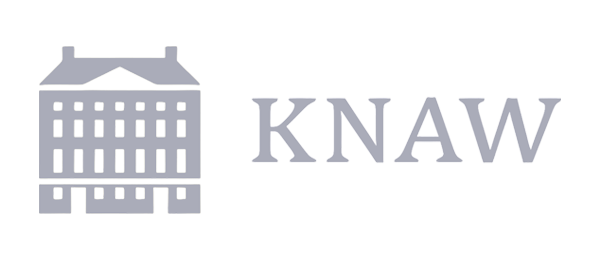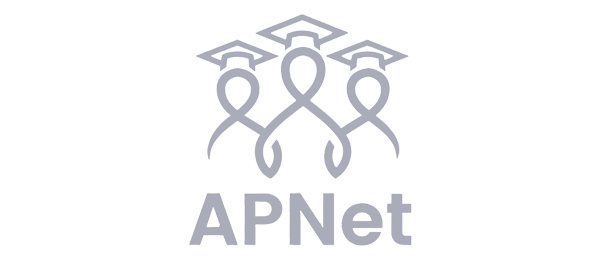Over the course of their careers, postdoctoral researchers need a wide range of skills, ranging from grant and scientific writing to soft skills like leadership, project management, and supervision. Self-management skills, such as resilience, mental health, and the ability to confidently and adaptably handle the demands of an academic career, are equally crucial.
If your institution offers postdoctoral courses on grant writing, scientific writing, self-management, and leadership, we strongly advise enrolling in them.
Here, we offer a summary of books, courses, and other resources that can be used to supplement those offered by your institution and help you begin developing soft skills.
Leadership skills
For many years, EMBO has offered leadership courses for principal investigators (PIs) and postdoctoral researchers who work in labs. Here is a summary of the courses (both online and in-person): https://www.embolableadership.org/
A leadership program is also available at the European University of Wellbeing (EUniWell). Here is more information: https://www.euniwell.eu/what-we-offer/euniwell-research-training-academy/euniwell-leadership-fellowship?utm_source=chatgpt.com
For postdoctoral researchers, Young Universities for the Future of Europe (YUFE) also offers a leadership and career development program. Additional details and requirements for participation are available at: https://www.yufe.eu/early-career-researchers/yufe-pilot-on-postdoctoral-training-and-development/?utm_source=chatgpt.com
A number of books are also available to help you develop your leadership abilities. Below are a few examples:
Labwork to Leadership by Jen Heemstra (https://www.jenheemstra.com/book)
Towards Scientific Leadership by Hans Niemantsverdriet and Jan-Karel Felderhof (https://www.oreilly.com/library/view/towards-scientific-leadership/9783111325873/)
Dare to Lead by Bene Brown (https://brenebrown.com/book/dare-to-lead/)
Career Advice for Young Scientists in Biomedical Research by Bela Schmidt (https://link.springer.com/book/10.1007/978-3-030-85571-0)
Writing Grants and Scientific Research
Here are some links to get you started:
https://www.nature.com/articles/d41586-023-02756-6
https://www.sciencedirect.com/science/article/pii/S1878764915001606
Peer review and scientific editing
As a postdoctoral researcher, reviewing grants and manuscripts is another skill to develop. Early-career researchers may also be able to obtain some preliminary experience in scientific editing. Please see the following links:
Practical experience:
https://emerginginvestigators.org/prospective_staff
https://authorservices.wiley.com/Reviewers/journal-reviewers/how-to-perform-a-peer-review/index.html
https://plos.org/resource/how-to-write-a-peer-review/
Science communication
SciComm4all: https://www.cerclefser.org/en/scicomm4all-presentation/
Mental health and resilience
Resilience & Well-Being in Academia is a course offered by the European University of Wellbeing; additional details are available at:
https://www.euniwell.eu/what-we-offer/courses-and-training/resilience-well-being-in-academia
The Open University provides a variety of mental health and wellness resources and courses, including:
https://www.open.ac.uk/courses/mental-health
Free online resources are available through the Caring Universities project to enhance mental health:
https://caring-universities.com/
Books on this subject are also available, such as:
The happy academic by Joeri Tijdink (https://vuuniversitypress.com/product/the-happy-academic/9789086598793)
Additional resources for researchers in their early careers
Early Career Researchers Central: https://ecrcentral.org/
Early Career Researchers | Springer Nature | For Researchers | Springer Nature
The purpose of the Research Careers Tool is to assist researchers in being more strategic and selective in their pursuits when speaking with their line managers, mentors, and peer groups:
https://support-for-researchers.ed.ac.uk/career-development/research-careers-tool
Foundational Open Science Skills: Foundational Open Science Skills | CyVerse
Coaching
It can be helpful to search for coaching opportunities in order to get more individualized assistance for developing soft skills and establishing your career. We recommend finding a coach who is a good fit for you and offers the direction and assistance you require. There are many coaching services available nowadays that focus on working with academics and early-career researchers.
Are there any resources and courses missing? We’d love to add more resources to our page. Please send your suggestions to info@postdocnl.com.















